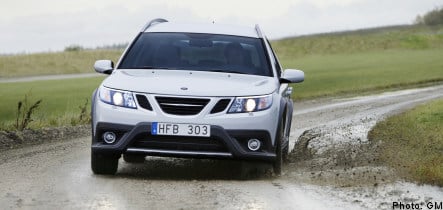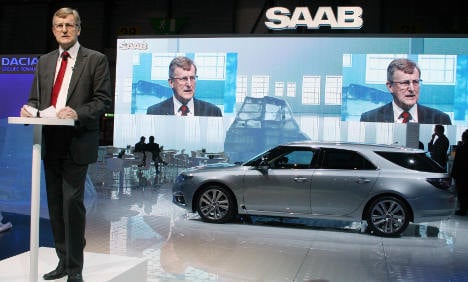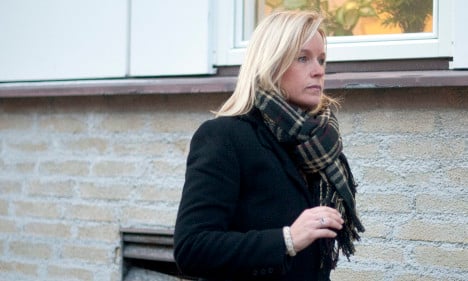The firms interested in buying Saab’s car division have signed up to a letter of intent to undertake the reconstruction of the firm, according to Saab administrator Guy Lofalk to news agency TT.
The Letter of Intent details objectives and strategies for the loss-making carmaker and the amount of money that prospective buyers are prepared to pay to assume control.
“Everybody is behind Saab’s business plan,” said Guy Lofalk.
The business plan stipulates that in practice all of Saab’s manufacture will be shifted to Trollhättan in south-western Sweden.
According to the company, there were originally 27 parties interested in Saab. Ten of them have made visits to the plant in Trolhättan and have been given a more thorough presentation of operations.
In consultation with US owners General Motors the remaining parties have been selected for continuing negotiations.
“For various reasons they have been considered to be the strongest. The criteria include financial strength and the willingness to take a more long-term approach,” Lofalk said.
Those that remain as prospective buyers have all described the nature of the commitments that they are prepared to undertake regarding Saab.
Guy Lofalk was unwilling to confirm which parties remain in the negotiations.
“The only thing I am prepared to say is that there are different nationalities.”
Speculation has mostly centred on Chinese carmakers, including Geely. Others mentioned in connection with the sale include US venture capital firms andthe Swedish sports car maker Koenigsegg in conjunction with Norwegian financiers. Italian car maker Fiat has also declared its interest in incorporating Saab within a new European car giant.




 Please whitelist us to continue reading.
Please whitelist us to continue reading.
Member comments